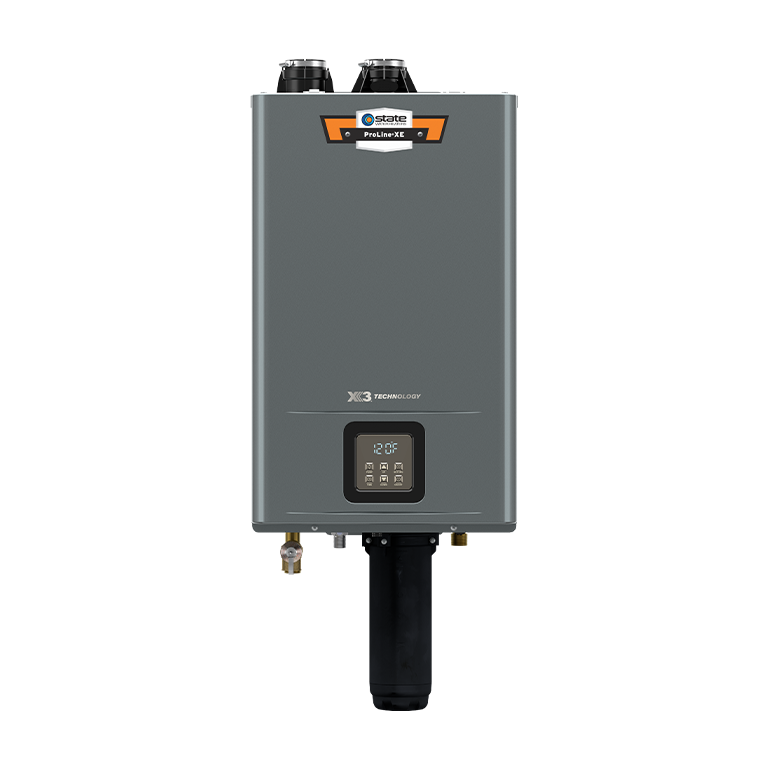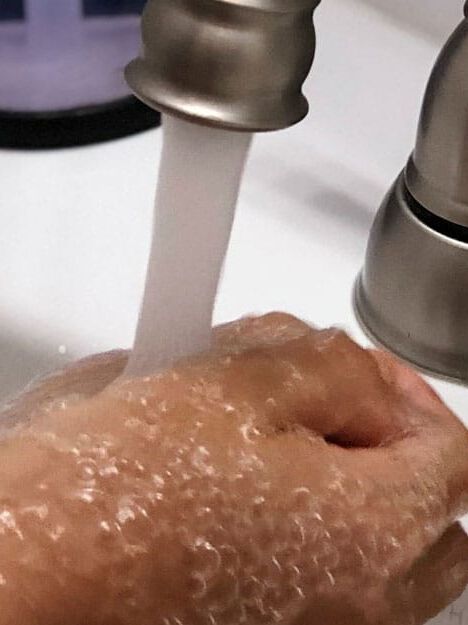
Residential Non-Condensing Gas Tankless Water Heaters
State Water Heaters is a leading manufacturer of commercial and residential water heaters. State offers over 500 water heater products, and has consistently developed new technologies to ensure longer product life.Engineered to deliver continuous hot water when you need it, non-condensing gas tankless water heaters can be easily installed in tight spaces, including closets, bathrooms and even outdoors in appropriate climates.
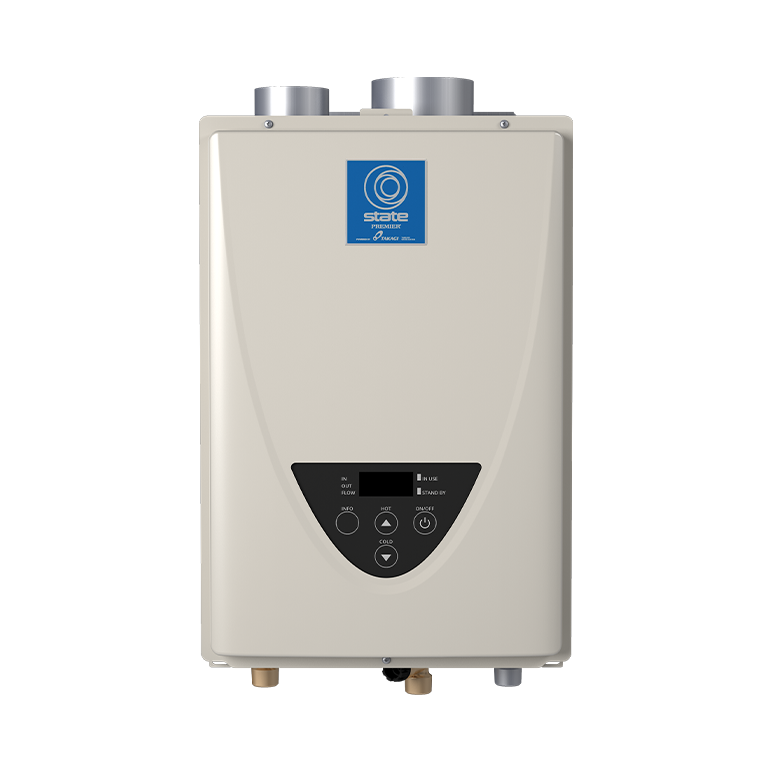
Residential Non-Condensing Gas Tankless Water Heaters
State Water Heaters’ non-condensing gas and propane tankless water heaters provide endless hot water for your home. All non-condensing tankless water heaters from State Water Heaters offer a water heating solution that is built to last.
Federal Tax Credits & Local Utility Rebates
Get up to $600 in Federal Tax Credits when you upgrade to a new Energy Star certified Adapt™ Premium Condensing Gas Tankless Water Heaters with X3® Scale Prevention Technology.
Local utility rebates available in limited geographical areas. For information on the Federal Tax Credit, go to: energystar.gov. Check with your tax advisor for applicability. Offer details and expiration may vary. See Rebate Center for details.
Benefits of Non-Condensing Gas Tankless Water Heaters
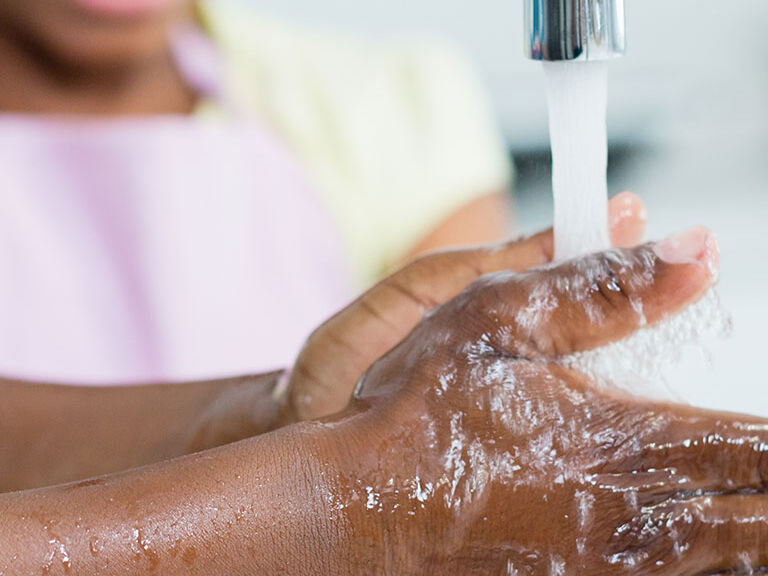
Continuous Hot Water
Non-condensing gas tankless water heaters produce continuous, on-demand hot water for your home. With the integration and installation of a hot water recircluation pump and piping, you may also be able to experience instant hotwater.

Space Savings
State’s non-condensing gas tankless water heaters can be mounted in small or tight spaces, either inside or outside of your home, to better utilize and save space.

Energy Savings
Non-condensing gas tankless water heaters vent away the excess heat produced during the heat exchange process, causing less corrosion and deterioration of the water heater and resulting in a longer life span.
How it Works
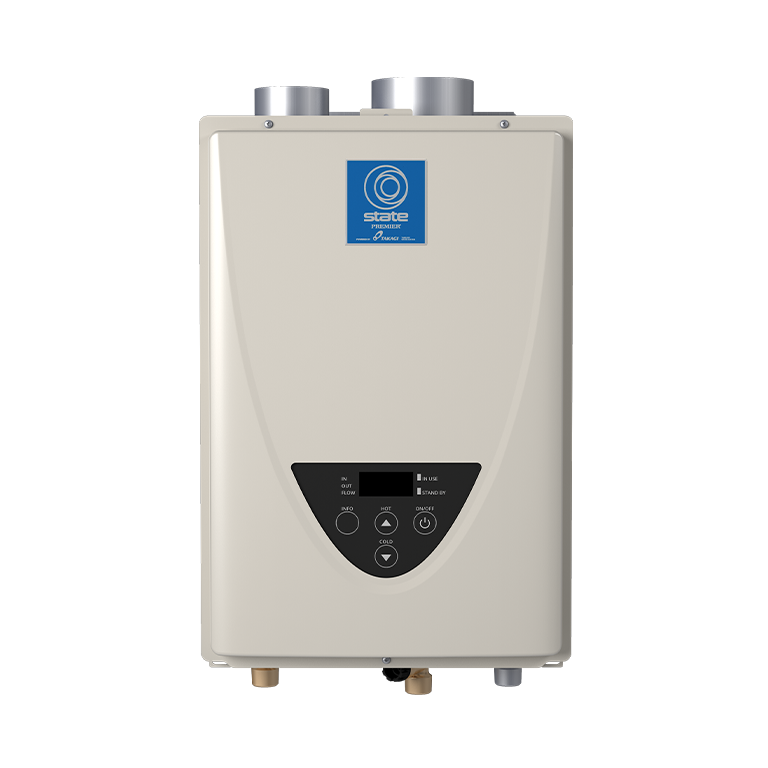
A State Water Heaters non-condensing gas tankless water heater saves space and supplies continuous hot water for your home. Non-condensing technology utilizes a single heat exchanger to heat the water to the desired temperature.
Water flows through a heat exchanger where it is heated to the desired temperature by the hot exhaust gasses. The excess heat that is not transferred to the water is expelled through the exhaust venting.
This exhaust is higher temperature than on a condensing tankless heater to lessen the risk of corrosion. However, non-condensing heaters generally require metal exhaust venting to withstand the higher temperatures.
Paired with a 15-year limited warranty, a State Water Heater non-condensing tankless water heater can provide years of hot water for your home.
Still Have Questions?
A non-condensing tankless water heater is a compact water heater without a tank. It heats water only when demanded by appliances and hot water faucets. Cold water passes through a heat exchanger, which heats it to the desired temperature by hot exhaust gasses. It then releases unused heat through ventilation. By comparison, a condensing tankless water heater has two heat exchangers. The second one improves energy efficiency by capturing and recycling unused heat instead of venting it right away. Learn about high efficiency condensing tankless.
Condensing tankless heaters use a dual heat exchanger design to make maximum use of the energy delivered to the system. Non-condensing tankless water heaters utilize a single heat exchanger so they vent more heat in the exhaust gasses.
A professional contractor can help you choose the best non-condensing tankless water heater for your home's water needs and recommend installation and venting setup. They'll consider the piping in your residence, the demand on the water supply for appliances and personal use, and the temperature of the water coming into your home. Your contractor can also recommend where to place the tankless water heater. Because these models are compact, they can be installed in various locations, such as a closet or garage, depending on the home's plumbing configuration. You can also install water heaters outside in warmer climates.
All State Water Heaters tankless hot water heaters have built-in freeze protection. However, if the heater is installed outdoors, during a power outage you will need to drain the water from the unit to prevent freezing.
Use a drip pan with your tankless water heater as a precaution. This protects your home from water damage and mold should the water heater leak. Because tankless models don't have storage tanks, a drain pan should be enough to contain any leakage.
The proper size of a tankless water heater depends on a number of variables, including type of appliances you own, number of people in your home, and incoming water temperature. You should discuss with your installer, but you can also consult our online XPERT™ Water Heater Selector that can also be found as a downloadable app.
Yes, you can install tankless water heaters outside in warmer climates where there's no risk of freezing. This helps free up space inside the home. These water heaters are easy to install and have built-in vents, eliminating the need for venting through the wall of a house. State Water Heaters tankless water heaters have internal freeze-protection to withstand the cold when temperatures drop, but you should drain them if there's a power failure to prevent freezing.
Product Comparison
*Many factors affect the actual performance of a water heater. This represents our closest approximation of your likely experience with this water heater in your local area, but actual performance may vary depending on factors beyond our ability to control or estimate.
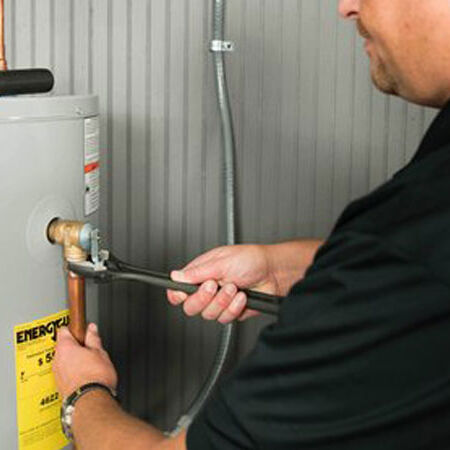
Find A Local Water Heater Pro
State water heaters are professionally installed by local independent contractors.
Featured Non-Condensing Gas Tankless Water Heaters
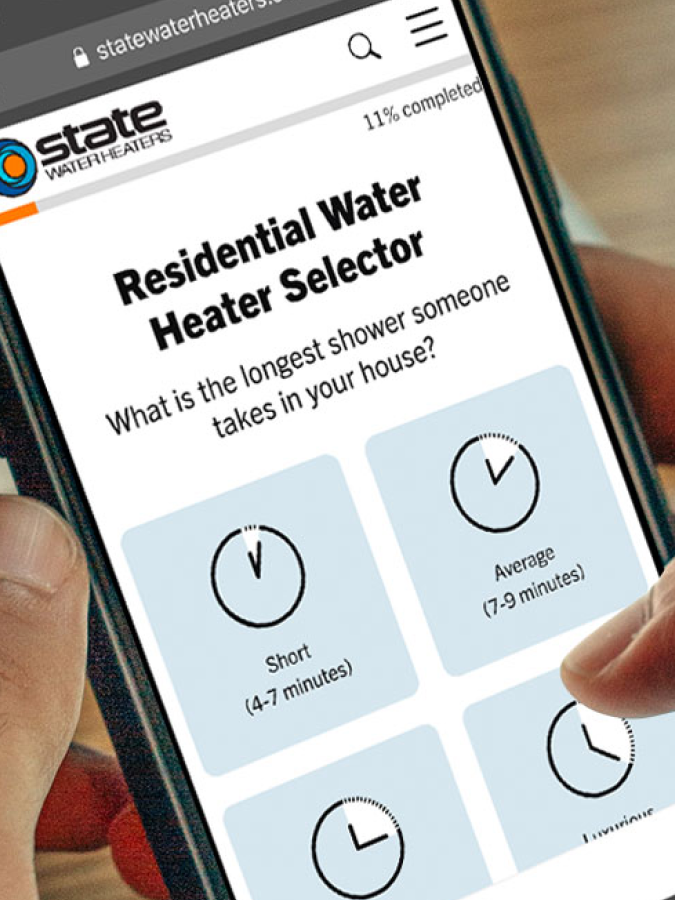
Not sure which product is right for you?
Take our water heater selector quiz to find the correct water heater for your home.

